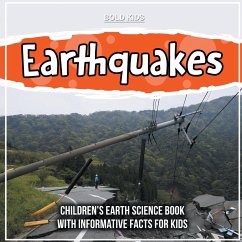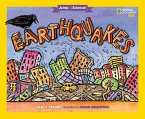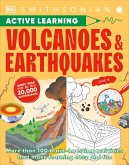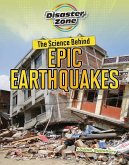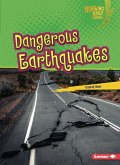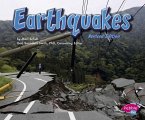The shaking of the Earth's surface caused by an earthquake is a natural phenomenon. Seismic waves are caused by the sudden release of energy from the Earth's lithosphere. The shaking and the resulting tremors cause damage on land and in buildings, but not in the way you might think. Here are some Earthquakes Facts you might not know. Read on to learn more. And keep these facts in mind the next time you're on the road: An earthquake is a sudden release of enormous pressure from inside the earth's crust or mantle. It may be weak and barely detectable by a human, or it can be extremely violent and last for minutes. Earthquakes are responsible for some of the greatest disasters in human history, and have affected many regions on Earth. Here's a brief history of some of the most powerful earthquakes: One reason for earthquakes is the presence of faults. These are fractures in the Earth's crust, which can range in size from a hair to hundreds of miles. In some regions, faults are so large that they can be seen from space. The two most commonly studied faults in the world are the San Andreas fault and the Anatolian fault. They both are prone to earthquakes. If you're in the area where an earthquake is most likely to occur, you should know about these facts. What Causes Earthquakes? The cause of an earthquake depends on its geology and engineering. Different types of geology have different effects on earthquakes. For example, soft sediments are likely to last three times as long as granite. And because geology varies from region to region, the effects of an earthquake will vary as well. That's why it's important to know what causes an earthquake before getting too close to one.

